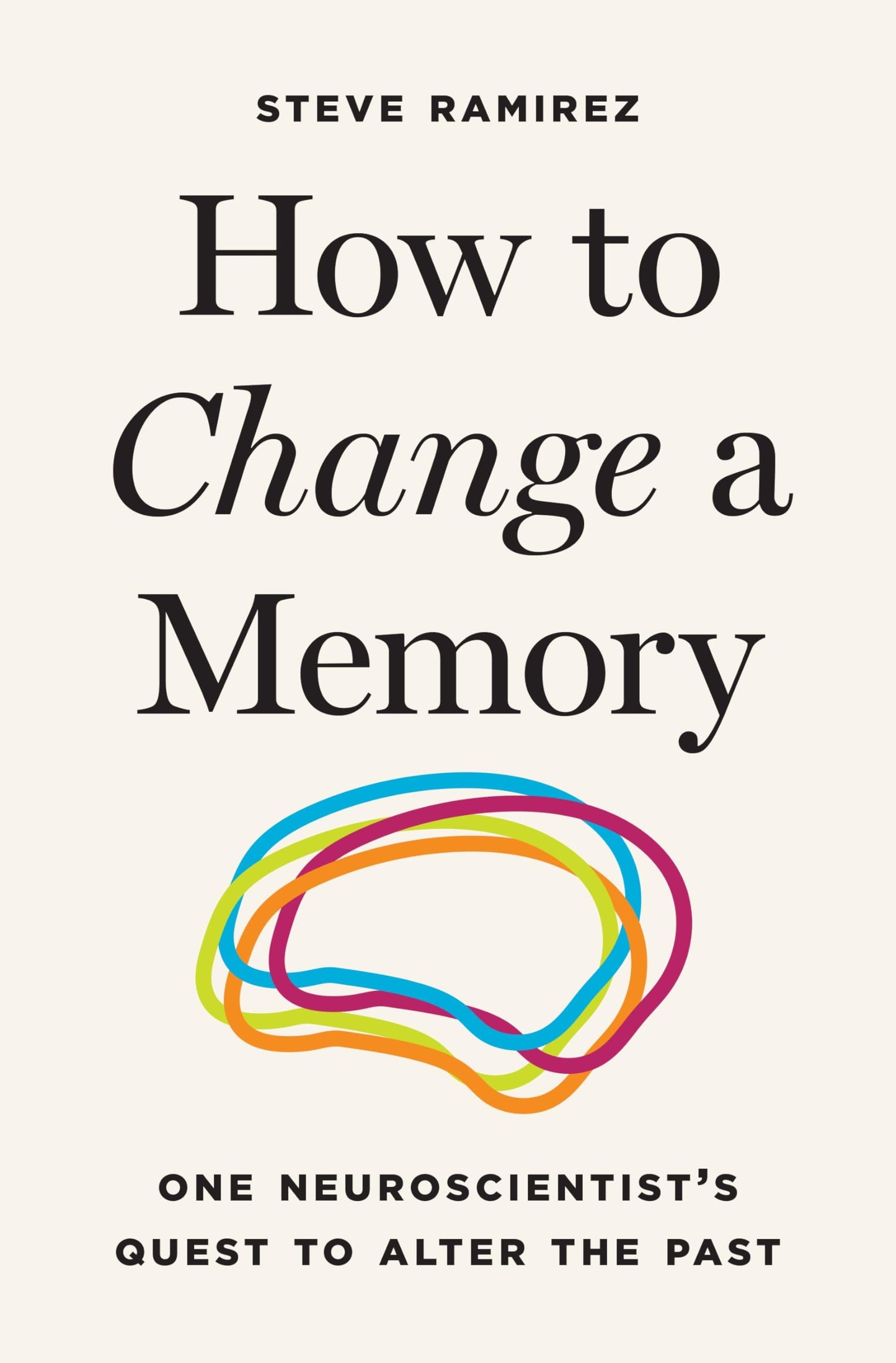Princeton University Press
How to Change a Memory
Regular price
$29.95 USD
Regular price
Sale price
$29.95 USD
Unit price
per
Shipping calculated at checkout.
Couldn't load pickup availability
Title: How to Change a Memory
Author: Steve Ramirez
ISBN: 9780691266688
Publisher: Princeton University Press
Published: 2025
Binding: Hardcover
Language: English
Condition Note: New from the publisher
Publisher Description:
Author: Steve Ramirez
ISBN: 9780691266688
Publisher: Princeton University Press
Published: 2025
Binding: Hardcover
Language: English
Condition Note: New from the publisher
Publisher Description:
A disarmingly personal account of the new science of memory manipulation by one of today's leading pioneers in the field
As a graduate student at MIT, Steve Ramirez successfully created false memories in the lab. Now, as a neuroscientist working at the frontiers of brain science, he foresees a future where we can replace our negative memories with positive ones. In How to Change a Memory, Ramirez draws on his own memories--of friendship, family, loss, and recovery--to reveal how memory can be turned on and off like a switch, edited, and even constructed from nothing. A future in which we can change our memories of the past may seem improbable, but in fact, the everyday act of remembering is one of transformation. Intentionally editing memory to improve our lives takes advantage of the brain's natural capacity for change. In How to Change a Memory, Ramirez explores how scientists discovered that memories are fluid--they change over time, can be erased, reactivated, and even falsely implanted in the lab. Reflecting on his own path as a scientist, he examines how memory manipulation shapes our imagination and sense of self. If we can erase a deeply traumatic memory, would it change who we are? And what would that change mean anyway? Throughout, Ramirez carefully considers the ethics of artificially controlling memory, exploring how we might use this tool responsibly--for both personal healing and the greater good. A masterful blend of memoir and cutting-edge science, How to Change a Memory explores how neuroscience has reached a critical juncture, where scientists can see the potential of memory manipulation to help people suffering from the debilitating effects of PTSD, anxiety, Alzheimer's, addiction, and a host of other neurological and behavioral disorders.
